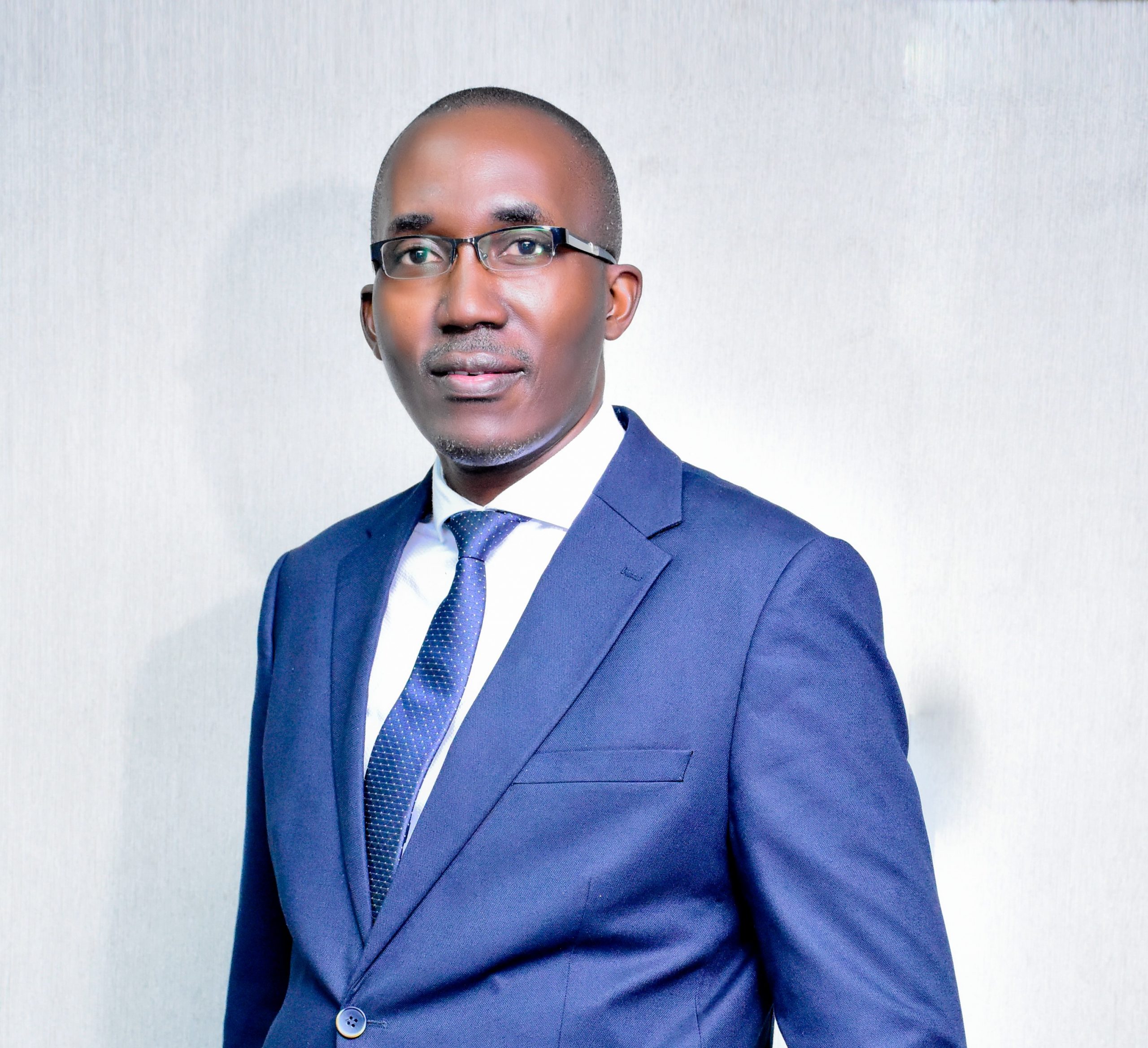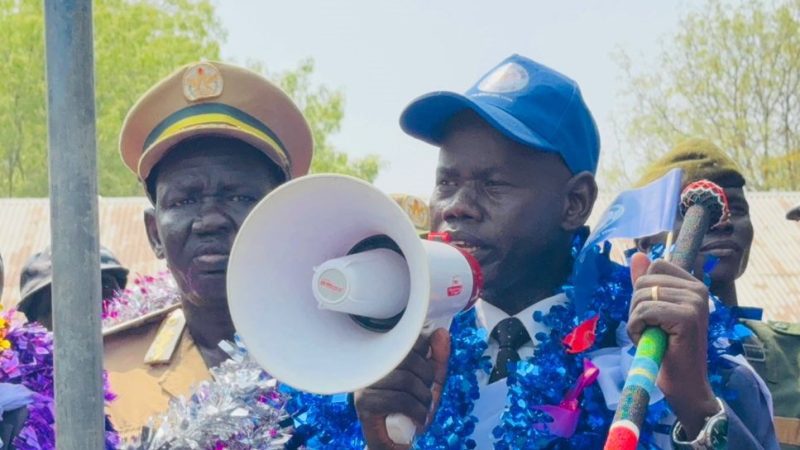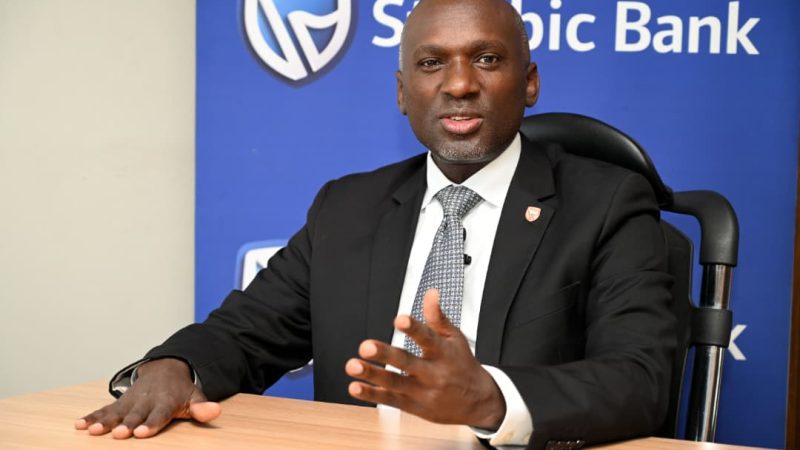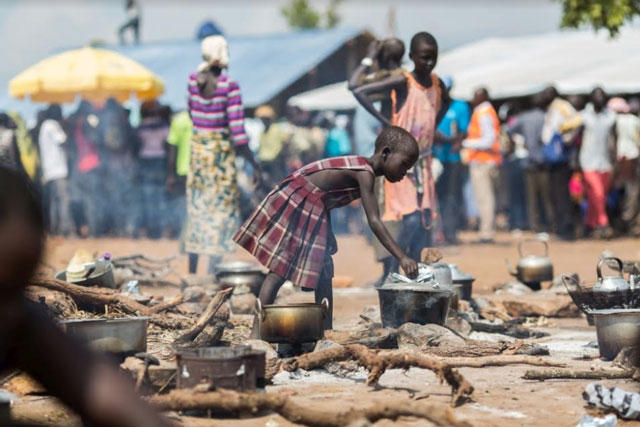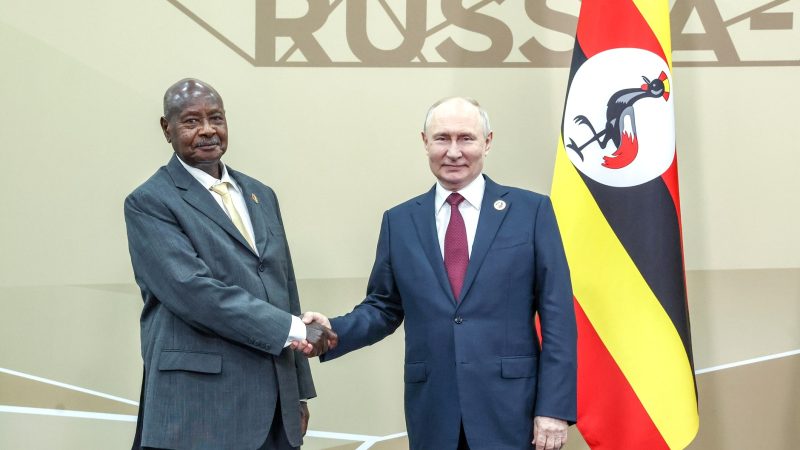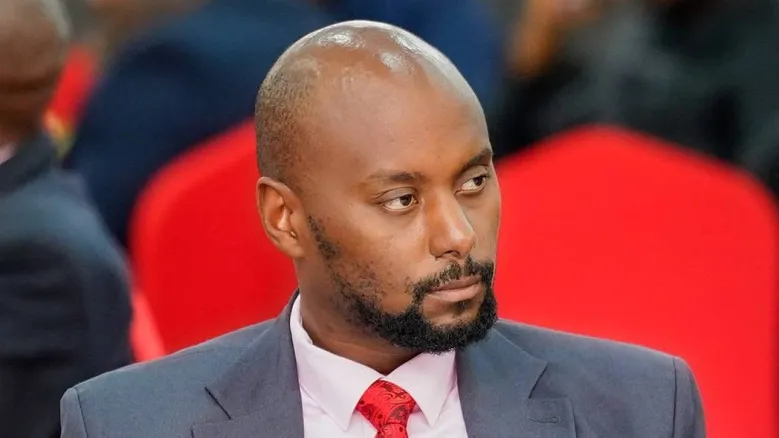The Minister for Local Government, Raphael Magyezi, has raised concerns about the behavior of some refugees in Uganda, stating that the country is bearing a heavy cost due to its open-door refugee policy. Magyezi highlighted that while Uganda’s policy has been widely praised for its generosity, it is now being questioned because of the negative behaviors of some refugees, including criminal activities, that are affecting the lives of Ugandans and the social fabric of the country.
During his remarks at the Comprehensive Refugee Response Framework (CRRF), the minister cited an example of refugees illegally camping in Kololo-Mackenzie Ville Avenue, a prestigious area in Kampala. The presence of these refugees, without proper toilet facilities, has forced residents to vacate their homes due to unhygienic conditions. Magyezi mentioned that the refugees have been dumping waste in the middle of the road and on nearby undeveloped properties, which has caused a foul smell in the area.
Magyezi further expressed frustration, stating that by hosting refugees, Uganda has created a situation where its citizens have become “refugees” in their own country, forced to vacate their homes. He emphasized that while Uganda owes hospitality to fellow Africans, it should not come at the expense of its citizens.
The minister also pointed out incidents during the COVID-19 pandemic lockdown, where refugees were involved in purchasing stolen cell phones from street children. According to Magyezi, this was discovered when street children led authorities to a group of urban refugees to whom they had been selling stolen phones.
Uganda is currently facing a growing refugee crisis, with 1.7 million refugees now residing in the country, up from 1.5 million. The crisis is exacerbated by declining funding for refugee response programs. In light of this, Lillian Aber, the State Minister for Disaster Preparedness and Refugees, revealed that the government has resolved to enhance resource-tracking mechanisms to optimize the limited funds available for refugee response.
Aber noted that out of the 29 entities that pledged to support Uganda’s refugee response efforts, only ten have specified their financial commitments. This has placed Uganda in a difficult situation, especially given the large number of refugees who have been in camps for over a decade, some for as long as 60 years. While Uganda is exploring voluntary repatriation as a durable solution, it cannot forcibly send refugees back to their home countries.
For the year 2024, Uganda requires up to USD 858 million to fully cater to its refugee population, but less than 15 percent of this amount has been raised so far.
Aber called on international donors and financial institutions to prioritize Uganda, stressing the immense humanitarian responsibility the country has undertaken. Additionally, two coordination committees have been established to enhance efficiency and effectiveness in refugee resource management: an inter-ministerial committee to meet quarterly, and a technical committee to coordinate refugee funding and ensure self-reliance among refugees.


